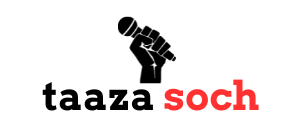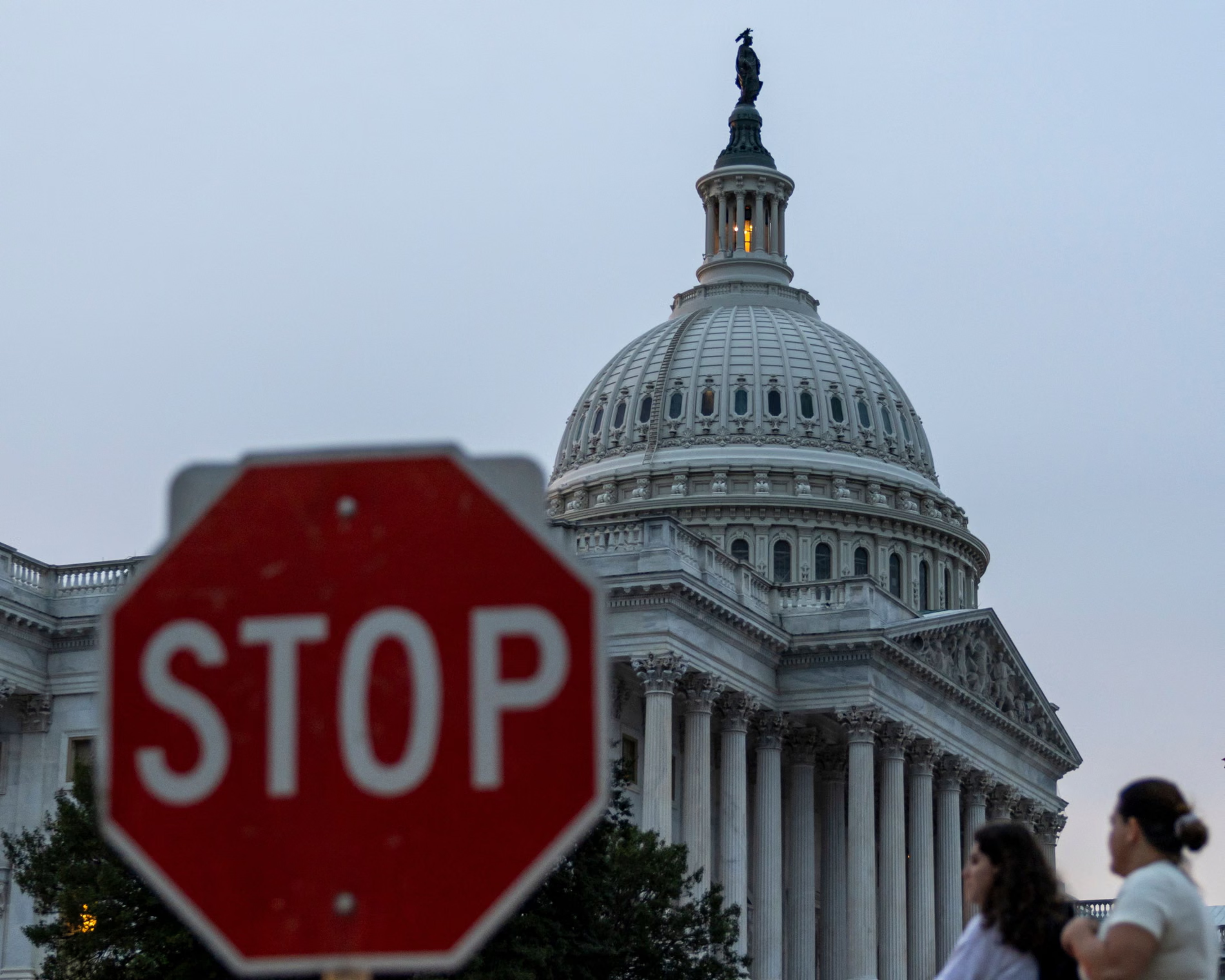The H-1B visa program, which allows skilled professionals from countries like India to work in the United States, has come to a complete standstill due to the ongoing government shutdown. Since October 1, 2025, several federal departments including the Department of Labor and the U.S. Citizenship and Immigration Services (USCIS) have suspended key operations. As a result, thousands of visa applications and renewals are stuck in limbo, causing panic among foreign workers and their employers.
The Labor Department’s system for certifying Labor Condition Applications (LCA) — a crucial step in every H-1B petition — has been offline since the shutdown began. Without this certification, no new H-1B petitions can be filed or approved. Legal experts say this freeze could severely affect the American tech industry, universities, and healthcare institutions that depend heavily on global talent. For many professionals, especially from India, this sudden halt threatens both their career stability and immigration status.
Adding fuel to the fire, the Trump administration recently announced a new rule requiring a $100,000 one-time fee for every new H-1B visa petition. This order, effective from September 21, 2025, is part of the government’s “America First” agenda, which aims to reduce reliance on foreign labor. However, the policy has drawn strong criticism from Indian trade bodies, multinational tech firms, and immigration advocates. They argue that such a massive fee will discourage innovation, force companies to move jobs abroad, and make the United States a less attractive destination for skilled workers.
Several lawsuits have already been filed in U.S. federal courts challenging this rule, with employers arguing that the administration has exceeded its constitutional powers. Business associations and universities have requested a temporary block on the fee, calling it “unconstitutional and economically destructive.” The combination of the shutdown and the new visa fee has created a double blow to global professionals trying to live the American dream.
India, which accounts for nearly three-quarters of all H-1B visa holders, is among the hardest hit. Thousands of Indian IT professionals are currently stranded without clarity on whether their extensions or transfers will be processed once the government reopens. Many are now avoiding international travel out of fear that they may not be allowed to re-enter the U.S. if their documents lapse during the shutdown.
At the moment, there is no official timeline for resuming H-1B processing. The White House has indicated that immigration services will restart only after Congress passes a full federal funding bill. If the shutdown extends into mid-October, experts warn of massive backlogs and delays once agencies reopen. Until then, the H-1B visa program — once seen as a symbol of opportunity — remains frozen in political uncertainty.

